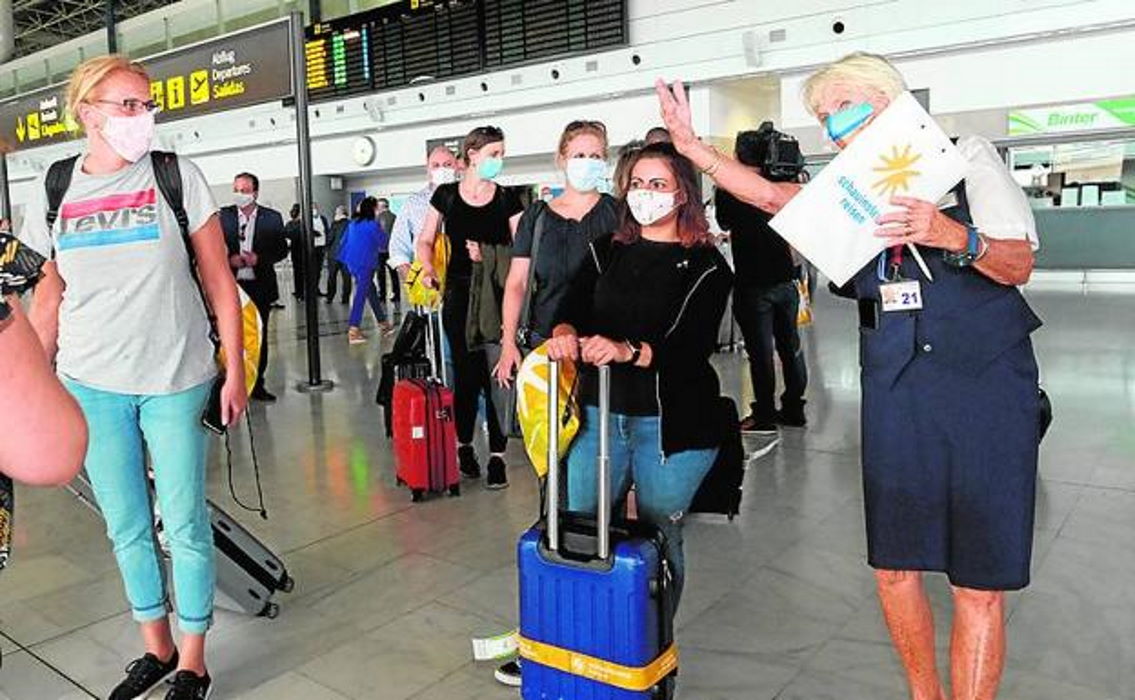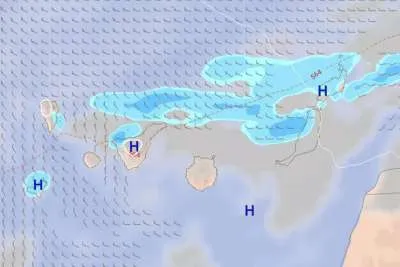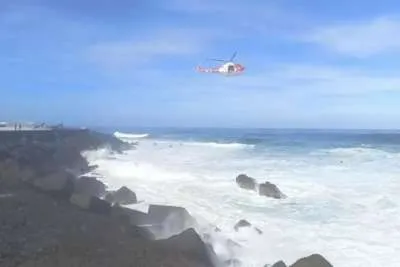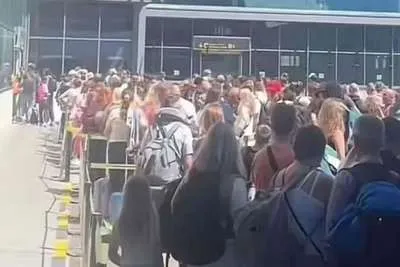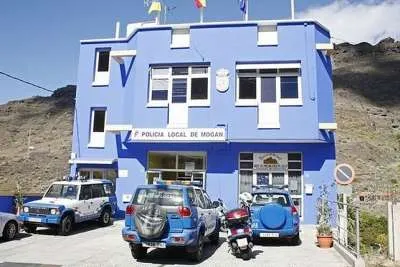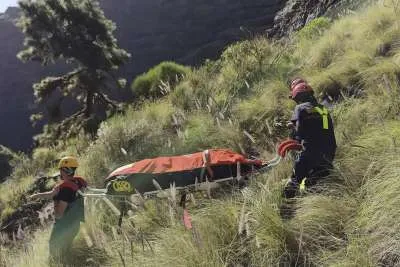'Winter is coming' and tourism recovery is now just around the corner
- 12-09-2021
- Business
- Canarian Weekly
"Winter is coming", or rather "winter is finally coming", is the most repeated phrase in hotels, apartments and other accommodation and tourist businesses in the Canary Islands, and they are not referring to the Game of Thrones! The winter has always been the high season for tourism in the Islands as there are very few places in Europe that can offer the same winter sun at the price and short distance, to come to the archipelago.
Winter continues to be the period with the highest turnover for many companies in the industry, as hotels, bars, restaurants, cafeterias, souvenir shops, holiday homes and other tourism-related businesses feel the benefits, particularly from October to March, when the Canary Islands is the main European destination, if not the only one, for those fleeing the cold in the UK, Germany or the Netherlands.
This year winter is coinciding with the beginning of the end of the Covid pandemic, which for the sector means, as long as there is no further setback, the return of dozens of planes every day from Berlin, Amsterdam, Manchester or London with thousands of tourists onboard eager to spend time in the sun and money in the Islands.
After 18 months of the crisis, bookings are up, cancellations are down, vaccination is at a high level in the large emitting countries, and there is plenty of air capacity, in fact, due to demand, the airlines have more seats planned for this coming winter than those scheduled for 2019-2020, when no one knew the pandemic was coming.
However, those in the tourism sector prefer to remain optimistic without being unrealistic or getting carried away. Not surprisingly, there have been many setbacks since de-escalation began in June 2020 when the first state of alarm in Spain ended, such as, recommendations not to travel to the Archipelago in Germany or the United Kingdom, resorts reopening for just ten or fifteen days due to the rebound in Covid cases, empty hotels and apartments, nightlife venues closed indefinitely.
Hotel representatives say they are moving between caution and optimism, that they are cautiously optimistic because once bitten is twice shy. Although they do believe that after so many months of blows and setbacks, it seems that the situation is relaxing and we are moving forward as tourists are already arriving from northern Europe.
AIR CAPACITY AND PREDICTIONS:
The regular air capacity for the coming winter season 2021-2022, i.e. the period between October this year and March next, is already 12% higher than that of 2019-2020, as there is increased demand from national tourism from other parts of Spain, and even more importantly, from abroad around Europe.
According to the data managed by the Tourism Department of the Canary Islands Government, headed by Yaiza Castilla, the airlines have more than 1.9 million seats scheduled for flights from mainland Spain, which is 6% more than the winter season 2019-2020, and around 6.1 million flights from abroad, which represents an increase of 13%.
The good news is that demand is growing both in the UK and Germany, which are by far the two largest markets for clients in the island’s tourism industry. Almost 2.5 million seats are planned for the British to come to the Archipelago, an increase of 19%, and 1.4 million for the German market, 2% more than before.
There are also air capacity increases in connections with Italy, Holland, France, Belgium and Portugal. The exception is the Nordic and Scandinavian countries, such as Sweden, Finland, Norway and Denmark, but their lower weight in the total supply, less than 500,000 seats collectively pre-pandemic, reduces their impact on the overall total.
This reduction in scheduled air capacity from these countries has a lot to do with the situation of Norwegian airlines, which has been on the brink of bankruptcy and is going through a deep financial crisis. In any case, if demand exceeds supply, there is always the possibility of using charter flights.
It must be pointed out, of course, that now it is necessary to see if the schedules of the airlines are fulfilled and at what occupancy levels the planes operate at. However, the demand forecasts are also good, and, in fact, they are one of the reasons for the greater supply of airlines.
Another reason is that companies are hungry for activity and revenue after an unprecedented crisis that left many of their aircraft on the ground, parked in hangars. That is why they are taking greater risks and being less conservative in their schedules, to which is added the fierce competition between low-cost airlines, which are even overlapping on certain routes.
ACCOMMODATION RESERVATIONS AND BOOKINGS:
The forecasts of the Ministry of Tourism predict that the ‘engine’ of the regional economy, tourism, will be at 70% of the figures before the coronavirus pandemic, in November.
“The truth is, at least for the moment, that there is an increase in reservations and a reduction in cancellations,” explains the commercial director of the Dreamplace chain, which has already opened all of its hotels in Tenerife, Lanzarote and Mallorca. "It is true that there is still a lot of short-termism, as clients continue to book for future dates given the uncertainty that has been installed since the outbreak of the pandemic, but it is also true that the forecast is that a strong winter season is coming," he stresses. "Now we not only see the light at the end of the tunnel, but we are touching it!”
The latest data from the e-commerce platform b2b TravelgateX shows that in the week of August 23rd to 29th, holiday bookings in the Canary Islands were 13.5% higher than those managed in the same week in 2019. It goes without saying that the increase is exponential as it is 161% compared to last year.
In this scenario, the calculations of the Ministry of Tourism predict that by November and December tourism levels will be at 70% of what it was in the same months of 2019, and that by the end of December they will already be laying the foundations for a rapid and sustained recovery in the coming years, as the pandemic and the fears associated with it are overcome.
Other articles that may interest you...
Trending
Most Read Articles
Featured Videos
TributoFest: Michael Buble promo 14.02.2026
- 30-01-2026
TEAs 2025 Highlights
- 17-11-2025


